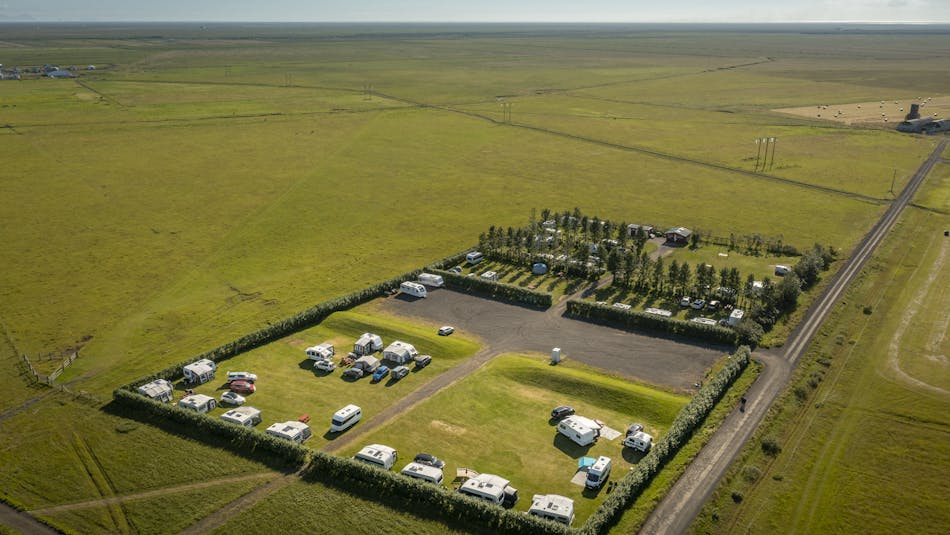
Tents, campers and mobile homes - there's space for everyone on Icelandic campgrounds

Tents, campers and mobile homes - there's space for everyone on Icelandic campgrounds
Tents, campers and mobile homes - there's space for everyone on Icelandic campgrounds
Tents, campers and mobile homes - there's space for everyone on Icelandic campgrounds